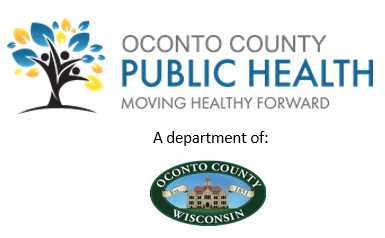DHS Reminds Wisconsinites: It is Not Too Late to Get Your Flu Vaccine
Data from the Wisconsin Department of Health Services (DHS) show influenza (flu) activity is increasing significantly throughout Wisconsin ahead of the December holiday season, mirroring trends being observed around the country.
As of December 1, 2022, only 31% of Wisconsin residents have received their single-dose flu vaccine. DHS urges Wisconsinites to get vaccinated against the flu as soon as possible. Early data suggests the flu vaccine is a good match to protect against circulating strains of the virus.
“The best way to protect yourself and those around you from the flu is to get your annual flu vaccination,” said Dr. Jasmine Zapata, Chief Medical Officer in DHS Bureau of Community Health Promotion. “Everyone six months and older can get their flu vaccine today. This is especially important for those at highest risk of experiencing severe symptoms, including older people, people with chronic health conditions, people who are pregnant, and young children. But even if you are not at higher risk, getting the flu vaccine can help you from spreading it to others who may get seriously ill.”
Other respiratory viruses, including COVID-19 and RSV, continue to spread in Wisconsin. These viruses spread easily when people are gathered together. While the flu and COVID-19 are both contagious respiratory illnesses, they are caused by two different viruses and require two different vaccines. Eligible Wisconsinites can get their flu vaccine and updated COVID-19 booster at the same time.
In addition to getting vaccinated, DHS recommends Wisconsinites take simple actions to increase your protection and help keep you and your loved ones safe this holiday season:
- Wash your hands often with soap and warm water for 20 seconds, or use an alcohol-based hand sanitizer.
- Clean and disinfect surfaces that are touched often at home, work, and school.
- Avoid being around people who are sick.
- Wear a high-quality mask to protect yourself and those around you and prevent the spread of respiratory illnesses.
If you become sick with the flu or another respiratory virus, help prevent the spread and protect others by:
- Staying home when experiencing symptoms, except to get medical care.
- Washing your hands often with soap and warm water.
- Covering your mouth and nose with a tissue when you cough or sneeze. Throw the tissue in the trash after you use it.
Find where vaccines are available near you at Vaccines.gov and learn more ways to fight flu on the DHS webpage. You can also follow @DHSWI on Facebook, Twitter, or dhs.wi on Instagram for more information on influenza and updates from “The Flu Guy,” Tom Haupt.
